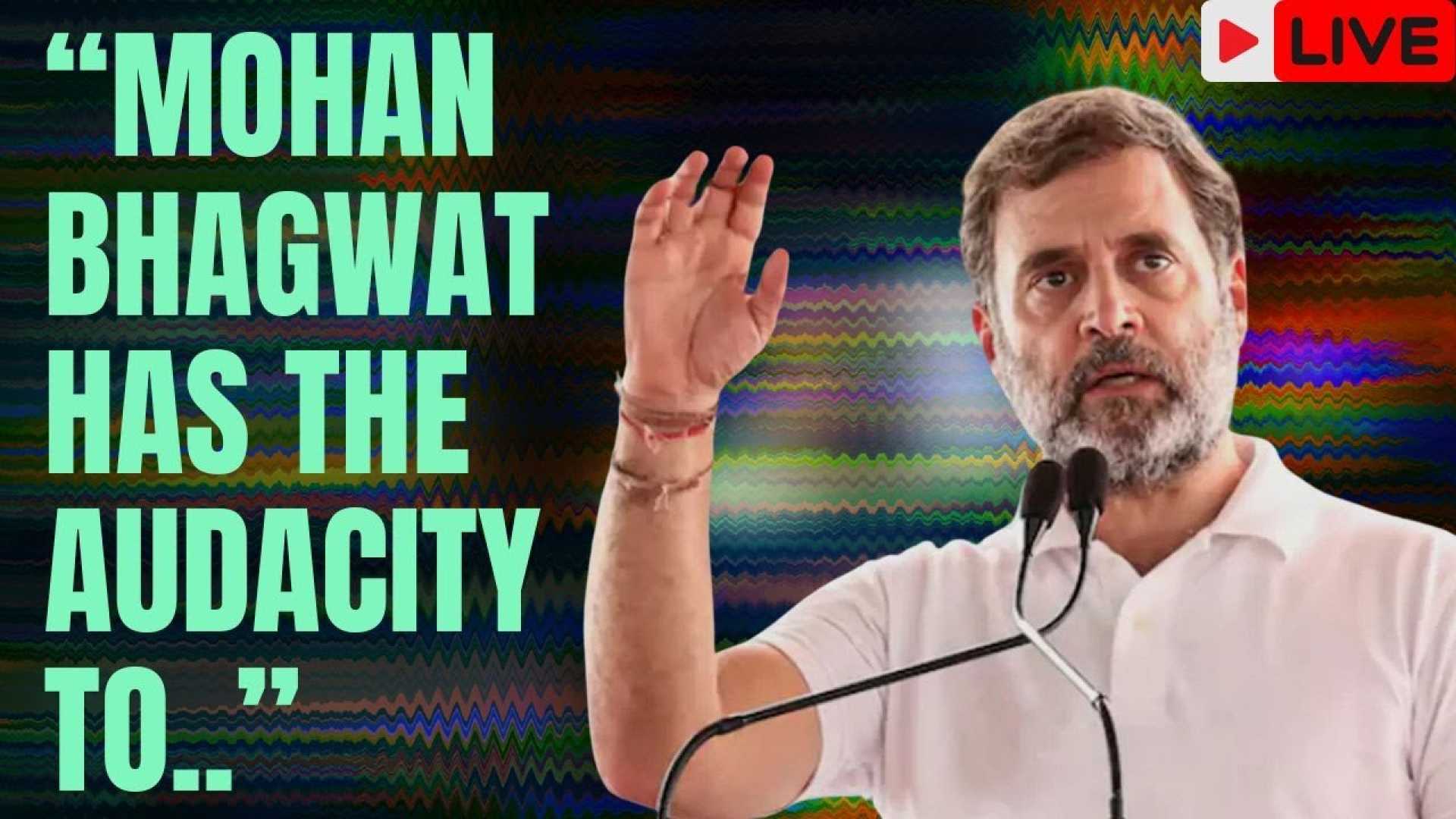Politics
Rahul Gandhi’s ‘Captured Institutions’ Claim Sparks Political Firestorm

NEW DELHI, India — Congress leader Rahul Gandhi‘s remarks about India’s institutions being “captured” by the ruling Bharatiya Janata Party (BJP) have ignited a fierce political debate, with BJP leaders accusing him of promoting a divisive narrative and undermining democratic institutions.
Speaking at the inauguration of the new Congress headquarters in New Delhi on Wednesday, Gandhi warned party leaders that they were not engaged in a “fair fight” and claimed that “all institutions are captured by the BJP.” His comments drew immediate backlash from BJP leaders, who accused him of echoing “Urban Naxal” rhetoric and aligning with a “George Soros playbook” of subversion.
BJP spokespersons criticized Gandhi for allegedly conflating the BJP government with the Indian state itself. “Rahul Gandhi’s statements reveal his deep-seated pessimism and lack of faith in India’s democratic institutions,” said a senior BJP leader. “His rhetoric is not only misleading but also harmful to the political discourse.”
Gandhi’s remarks also included criticism of the Election Commission, which he accused of bias without providing verifiable evidence. He cited a disputed claim of “1 crore extra voters” being added in six months, a figure that has been widely debunked. Political analysts have noted that such sweeping allegations risk alienating voters and undermining the credibility of the opposition.
“Rahul Gandhi’s framing of the situation as a complete institutional capture is both overblown and counterproductive,” said a political commentator. “It overlooks the diversity and resilience of India’s democratic framework and reduces his role as Leader of Opposition to one of perpetual grievance.”
The controversy highlights the challenges Gandhi faces in positioning himself as a credible alternative to the BJP. By framing the political struggle as one against the “Indian state,” critics argue, he risks alienating moderate voters and reinforcing the BJP’s portrayal of him as a hard-left ideologue.
Gandhi’s earlier statements, such as referring to India as a “union of states” in opposition to a “nation,” have also drawn criticism for their perceived divisiveness. Analysts suggest that his inability to articulate a clear, unifying vision for the opposition could hinder efforts to challenge the BJP’s dominance.
As the political battle intensifies, Gandhi’s rhetoric will likely remain under scrutiny. With the BJP poised to capitalize on his missteps, the Congress leader faces mounting pressure to refine his messaging and present a compelling alternative to voters.












